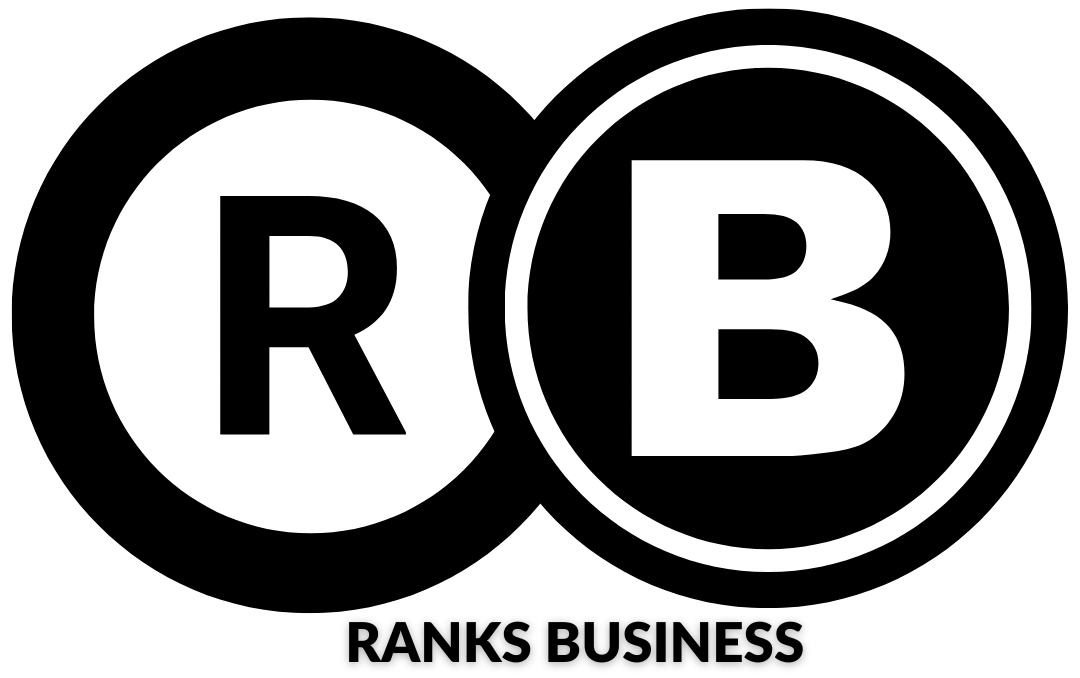Ifie Sekibo, Managing Director/Chief Executive Officer of Heritage Bank Plc, believes investment in smart technology is never enough. In an interview with GEOFF IYATSE, he speaks on a backlog of challenges that delayed the financial inclusion drive and how banks can bridge the gap and bring millions of the unbanked into the financial space using modern technology.
How critical is financial inclusion to the country’s economic growth and how would you assess the efforts of banks to bridge the gap so far?
Financial inclusion has assumed a greater level of importance due to its perceived relevance as a catalyst economic growth. For this critical reason, capturing the unbanked and underserved segments of the population into the financial system and making financial services accessible is fast becoming a key area of concern to policymakers. Banks, today, have a greater role to play. The journey so far has been bumpy, though a lot has been achieved by the Central Bank of Nigeria(CBN) since the commencement of the National Financial Inclusion Strategy (NFIS) in 2012.
The main goal of the NFIS is to ensure that 80 per cent of Nigerian adults are financially included by 2020. Before this, the formal use of financial services by the adult population stood at 36.3per cent in 2010. To achieve the 2020 goal, the Central Bank introduced strategies to spike innovation in the financial services sector by 2017. One top achievement was that the CBN had given over 20 licences to mobile money operators, which have grown to 21 as of the last count.
But the pending challenges are still lingering. These were revealed by the Enhancing Financial Innovation and Access (EFInA) in its 2018 data, which showed that 38.1 million of Nigeria’s 106 million (18years and above) adults or 36 per cent of Nigerians remained completely financially excluded.
Also, Augusto & Co on Consumer Digital Banking disclosed that only 34 per cent of the respondents to its survey said they had experienced the service of digital banks. Only 17 per cent of respondents above the age of 55 were aware of their services while the awareness rate stood at 31 per cent for people aged 41-54. This speaks to the need to deepen the financial inclusion drive if Nigeria is to attain the NFIS target and accelerated economic growth.
Read full interview here

